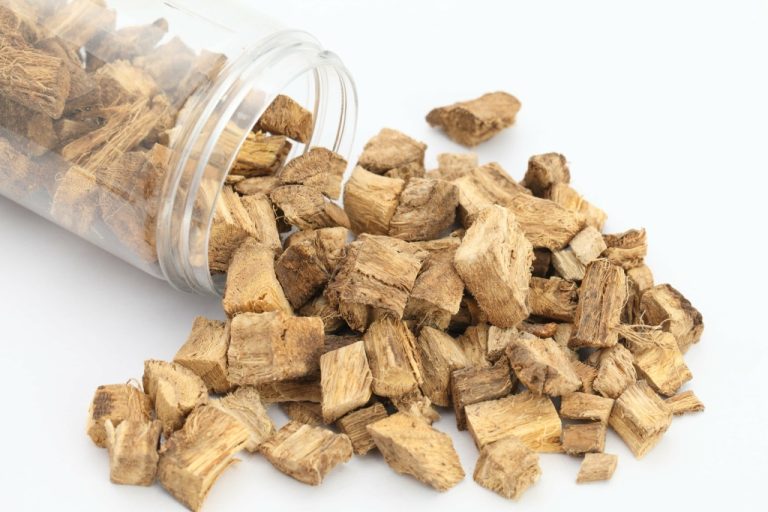Linked to Acute Stress Disorder, PTSD and other mental health conditions including Simple Phobias, anxiety, depressive, alcohol abuse and adjustment disorders. It’s common for people to increase their drinking after experiencing a traumatic event. Post-traumatic stress disorder (PTSD) and alcoholism often intertwine in a challenging cycle that affects millions of Americans. This connection represents a significant mental health concern, as individuals with PTSD are up to four times more Substance abuse likely to develop alcohol use disorder compared to those without trauma exposure. When a person is exposed to repeated traumatic events, especially early in life, there is a greater risk that they will develop CPTSD as opposed to PTSD. Symptoms seen in people with complex post-traumatic stress disorder are usually more severe, debilitating, and persistent than those seen with PTSD.
Lifestyle Quizzes
Some of us may consume alcohol as a coping mechanism or a form of self-medication. For those of us struggling with the distress of PTSD, alcohol can transform from a social lubricant into a temporary respite from pain. Deepening one’s understanding of complex trauma requires an appreciation of how inextricably intertwined trauma exposure and trauma adaptation are in the complex trauma construct. CBT replaces these ptsd blackouts negative reactions with positive ones and beneficial coping methods. BPD is connected to a history of trauma or neglect as well, though there could also be a genetic link. These two disorders can be confused with one another because of their overlapping symptoms and causes, but they do differ slightly.

Neuroimmune parameters in trauma exposure and PTSD
These narratives offer hope and inspiration to others who may be facing similar challenges. Research has shown that individuals with PTSD are more likely to have alcohol use disorder (AUD) compared to those without PTSD. In fact, studies have found that up to one-third of people with PTSD also struggle with AUD. These statistics highlight the need for comprehensive treatment strategies for individuals dealing with both conditions. Furthermore, the nature of the traumatic event itself can influence the development of PTSD.
Exploring the Link Between PTSD and Alcohol Blackouts
ACOAs can change their lives by beginning a new chapter in their life to experience hope, love, and joy. Trauma, such as growing up in an alcoholic home, can leave the adult child of an alcoholic in isolation and at higher risk for depression. Growing up in an alcoholic home can also lead to poor self-care routines leaving the person open for disease. Often, children feel trapped and unable to escape from families caught up in the tragedy of alcoholism in their families.
- Integrated treatment approaches that address both trauma and substance use offer the best chance for successful recovery.
- During the diagnosis, the professional will assess the severity of the trauma and its impact on the mental and emotional well-being of the person.
- Individuals often resort to substances as a means of self-medication to help alleviate their distress.
Use Of Certain Substances

By understanding these https://ecosoberhouse.com/ links between complex trauma and alcoholism, we shed light on the intricacies of human behavior and emphasize the importance of addressing root causes rather than symptoms alone. The intertwining of complex trauma and alcoholism involves emotional evasion, seeking solace, and physiological implications. Relapse prevention strategies are a critical component of long-term management. These strategies may include identifying triggers, developing coping plans for high-risk situations, and regularly attending therapy or support group meetings. It’s important to recognize that relapse is often a part of the recovery process and should be viewed as an opportunity for learning and growth rather than a failure.
PTSD and Alcohol – Understanding PTSD: Causes and Symptoms
This may include family members, friends, support groups, and mental health professionals. Support groups specifically tailored for individuals with co-occurring PTSD and substance use disorders can provide a sense of community and shared understanding. For those who have experienced trauma related to parental alcoholism, specialized support groups can offer valuable resources and understanding. Evidence-based therapies for PTSD play a crucial role in integrated treatment approaches.
Shattered wine glasses and muffled sobs form the haunting soundtrack of childhood for millions who grew up in the shadow of an alcoholic parent, their scars often invisible yet profoundly life-altering. The impact of growing up with an alcoholic parent extends far beyond the immediate chaos and unpredictability of daily life, often leaving lasting emotional and psychological wounds that can persist well into adulthood. Individuals facing trauma—be it physical, emotional, or through exposure to stressors—aresubstantially more likely to resort to substances as a coping mechanism. Studies indicate a dose-response relationship; as the level of childhood trauma increases, so does the likelihood of developing severe substance use disorders. A singular traumatic event that is brief in duration and narrowly focused in nature such a car accident or assault.
To better understand PTSD, the Diagnostic and Statistical Manual for Mental Disorders (DSM-V) identifies these key diagnostic criteria. Traumatic grief, otherwise known as complicated bereavement, happens when the loss of a loved one affects someone for a prolonged period. Get in touch with a member of our team today to learn how we can support you in your recovery, or learn more about our program. Participants unable to read or write provided a thumb print together with a signature from a witness confirming their voluntary participation. If you or someone you know is in a crisis, call 911 or go to the emergency room. If you live outside of the United States, you can find your country’s emergency number in this list.
